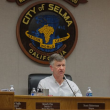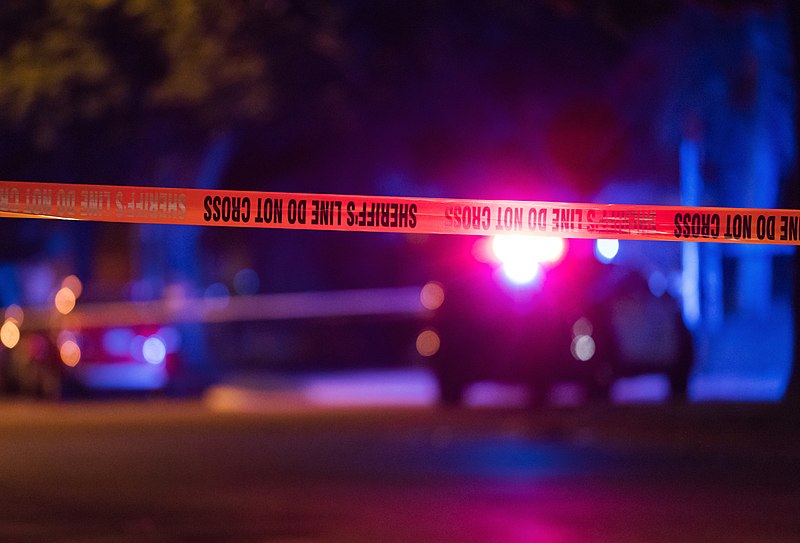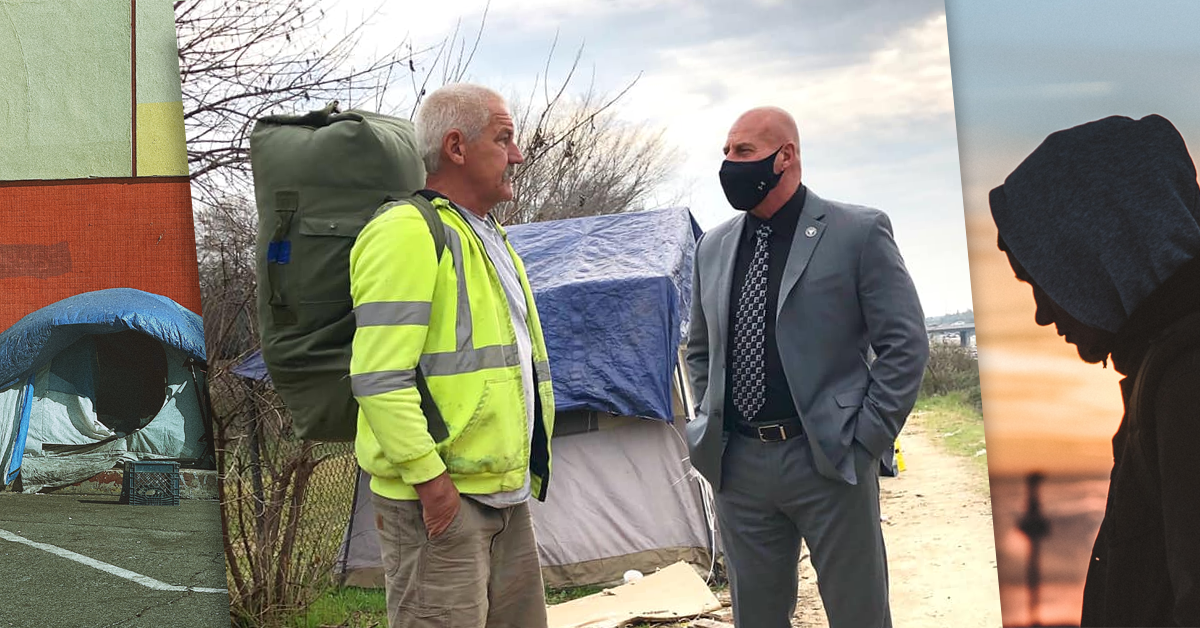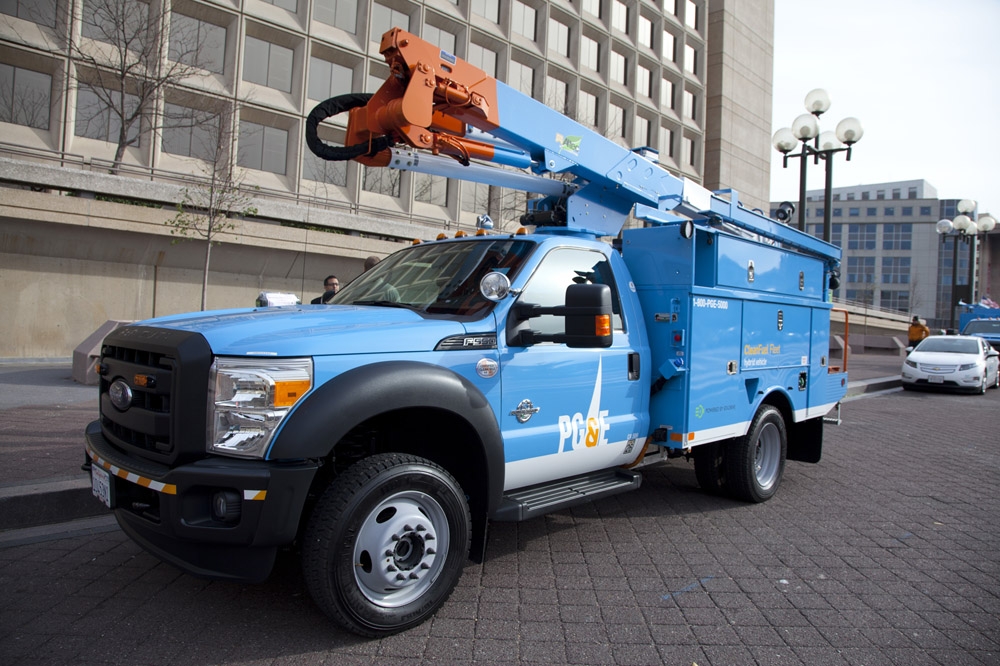In a major turn of events from 12 years ago, Fresno County will officially back a needle exchange program for drug users.
This week the Fresno County Board of Supervisors narrowly decided to bring the San Joaquin Valley Free Medical Clinic and Needle Exchange inhouse.
The backstory: Fresno County’s decision to support the needle exchange program is a stark reversal from a 2011 decision by the Board of Supervisors to wash its hands of it.
- Twelve years ago the Board of Supervisors pulled its support of the program, getting rid of a plan that would have given it a permanent home in a facility.
- At the time, supervisors shared concerns that the program enabled drug users to keep using drugs and not get clean.
- The program has operated in Fresno since 1994 and exchanges over 20,000 syringes in a two-hour period every Saturday outside of its mobile medical clinic near Roeding Park.
The big picture: Tuesday, the Board of Supervisors voted 3-2 to give the program a $0 lease for a clinic inside the Fresno County Department of Public Health building in downtown Fresno.
- The clinic will operate from 12 p.m. to 4 p.m. on Saturdays when the health department is closed.
- As well as the needle exchange, the program also provides medical care for drug-related issues and offers referrals to drug treatment programs and social services.
- According to Dr. Marc Lasher, the president of the San Joaquin Free Medical Clinic and Needle Exchange, the program has also issued 15,000 doses of Narcan, which is a nasal spray that fights opioid overdoses. Drug users have reported to the program that there have been over 2,200 overdose reversals because of the Narcan.
- Around 155-200 people use the needle exchange every week, Lasher told the board, and an additional 15 people receive free medical care. The clinic also averages about six people per week that enter into drug treatment programs.
What they’re saying: Supervisors Sal Quintero, Brian Pacheco and Buddy Mendes supported the program on Tuesday, saying the most vulnerable and underserved people need the program to help reduce the number of people needing to visit the emergency room because of drug use.
- “I believe it’s making a difference,” Pacheco said. “With the exchange for clean needles, I think it keeps people from going to the hospitals. And I believe you’re saving lives.”
- Pacheco also pointed to the program preventing the improper disposal of dirty and used needles as a reason for his support, keeping them out of parks, schools and other public places.










